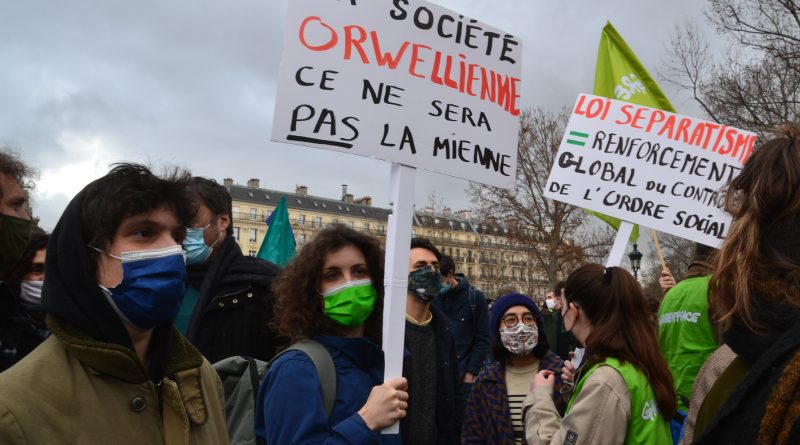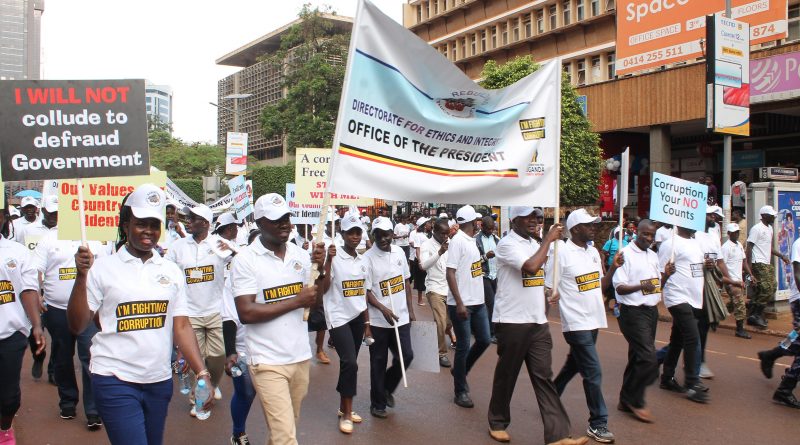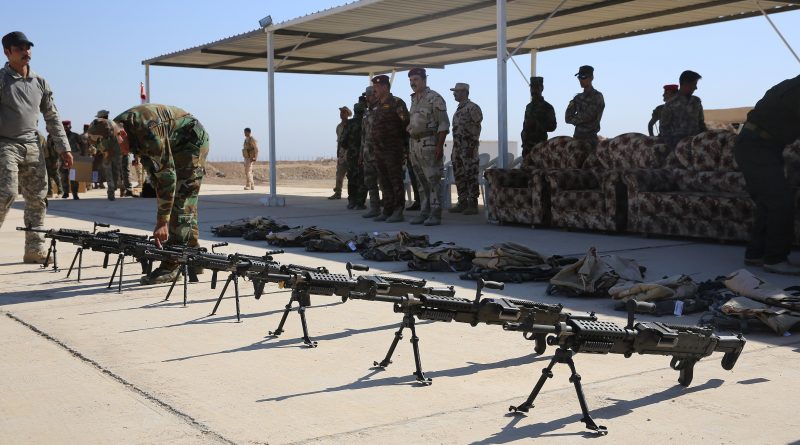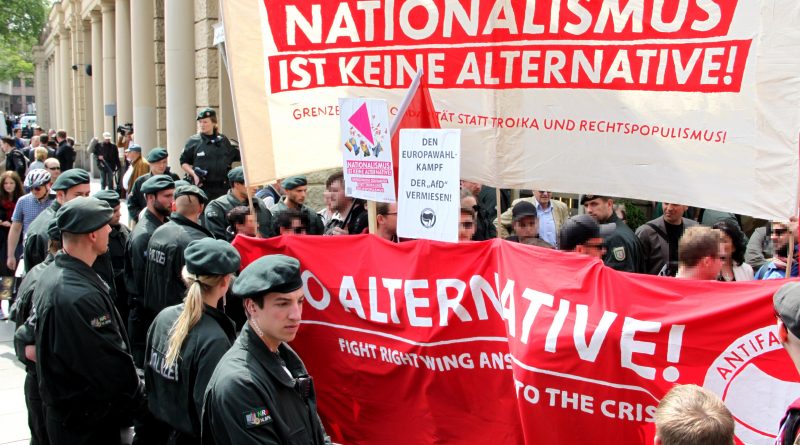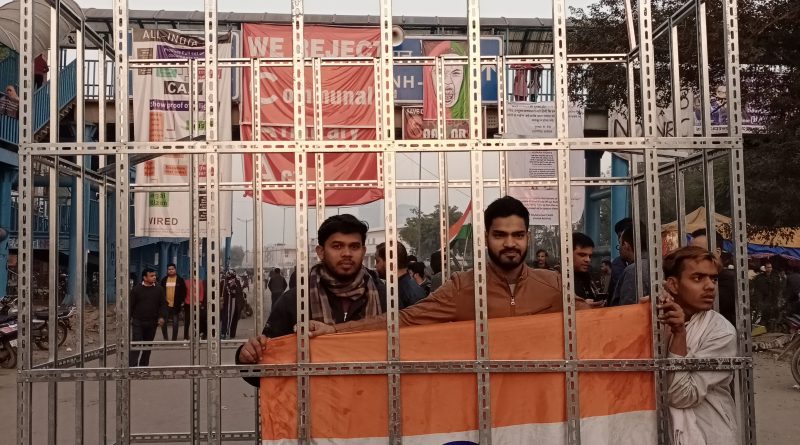The Power of Protest in France
A wave of riots and protests across France in late 2020 saw thousands of citizens take to the streets decrying a proposed security bill that would prohibit the filming of police officers if done for “malicious purposes”, states POLITICO. A second provision of the proposed bill allows for the use of drones to film citizens’ public activities and for police officers’ body cameras to be live-streamed by authorities. This has caused much concern within France, with citizens and lawmakers alike calling the law an invasion of privacy and personal liberties. Protests and riots have allowed the issue to gain traction across France as more citizens hit the streets to voice their opinions.
Read More
